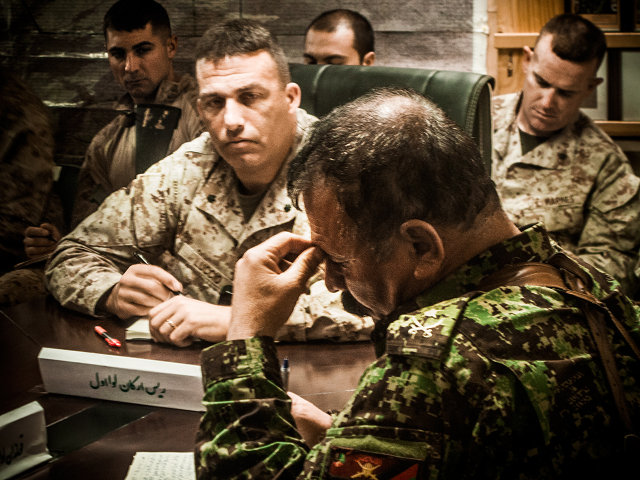podcasts
All of our podcasts are here
COL GRANT NEWSHAM, USMC (RET): President Trump’s many challenges in the Pacific Rim
Thoughts on the Bergdahl verdict and events in Sutherland Springs, Texas

No brig time
Dishonorable Discharge
Reduction to Pvt
$1,000 fine for 10 months

Sutherland Springs, Texas
Podcast: Play in new window | Download
The essential Thanksgiving cooking reference & sadness from a Dodger fan
4000 American Troops in Syria — Embracing Discipline Institutionally — A Few Good Men

Army Maj. Gen. James B. Jarrard
Commander
Special Operations Joint Task Force Operation Inherent Resolve

Can you handle the truth about institutions embracing discipline?
Podcast: Play in new window | Download
Navy Releases Collision Report for USS Fitzgerald and USS John S McCain Collisions
CLICK HERE: Navy Releases Collision Report for USS Fitzgerald and USS John S McCain Collisions

USS Fitzgerald

USS McCain
BLT 1/8 in Beirut: BGen Ron Baczkowski, USMC (ret) — Part 2

Ron Baczkowski
BGen, USMC (ret)
Ron Baczkowski was a 1stLt assigned to Battalion Landing Team 1/8 when they went ashore in Lebanon in 1983. He joined us to talk about the events surrounding the destruction of the BLT Headquarters Building on October 23, 1983.
We’ll talk about events just before and the day of the bombing in Part 2 of this interview.
Podcast: Play in new window | Download
With BLT 1/8 in Beirut with BGen Ron Baczkowski and Advisor Talk with LtCol Doug Luccio
Working with TEAM RUBICON in Houston: Staci Reidinger, Major USMC (ret)
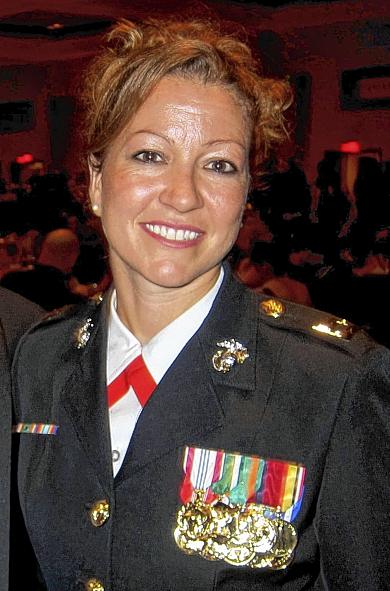
Staci Reidinger
Major, USMC (ret)
Staci Reidinger recently deployed to the Houston area as a part TEAM RUBICON, an organization the supports global disaster relief, we’ll talk to her about her experience.
We also talk to the prior enlisted Marine about hazing and get her thoughts on how the Marine Corps can reduce the number of hazing incidents with its ranks.
Podcast: Play in new window | Download
A poor executed Casualty Assistance effort in Florida
LCPL MATT GOSPODINOVICH, USMC: 34 years after the Bombing in Beirut he takes us through that day
AMERICAN POLITICIANS HAVE COMPLETELY LOST THEIR SOULS: thoughts on the treatment of a Gold Star Family and General John Kelly’s remarks

The family of Sgt. La David Johnson, US Army
KIA, Niger

John Kelly
General USMC (ret)
White House Chief of Staff
Gold Star Father
Podcast: Play in new window | Download
John Kelly discusses Gold Star Families and the President’s intent
Classes – Lectures – Warning – HAZING – Court Martials: How do we stop the cycle of hazing?

Phil Smith
Col USMC (ret)
 Phil Smith is a retired Marine Colonel. He enlisted in the Marine Corps and became an infantryman and then a reconnaissance Marine. We’ll talk to him about stopping the cycle of hazing that the Marine Corps goes through repeatedly: Class, Lecture, Warning, HAZING EVENT, investigation, court-martial.
Phil Smith is a retired Marine Colonel. He enlisted in the Marine Corps and became an infantryman and then a reconnaissance Marine. We’ll talk to him about stopping the cycle of hazing that the Marine Corps goes through repeatedly: Class, Lecture, Warning, HAZING EVENT, investigation, court-martial.
Podcast: Play in new window | Download
Getting combat advising right in the long-term: Gil Barndollar & Sam Long
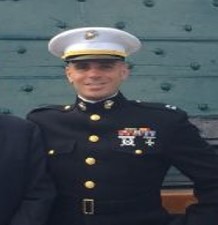
Gil Barndollar
Capt, USMC

Sam Long
Capt, USMC
Gil Barndollar & Sam Long were advisors in Afghanistan. They wrote a Marine Corps Gazette article entitled “Putting the First Team on the Field: Irregular warfare and Marine Combat Advisors” — we’ll talk about the article with both authors.
Podcast: Play in new window | Download
Marinara sauce, chicken fried stead & this week’s Pastrami Swami sports picks!

Kim Holmes
AMR Head Chef
Sports Betting “Expert”
The ALL MARINE RADIO Head Chef joins us to give advice on how to make better marinara sauce and chicken fried steak!
We’ll also do some sports predicting with the”Swami,” who was 8 out of 11 last week!
Podcast: Play in new window | Download
Age and medical limits for Congress and a leadership crisis at the United States Military Academy

Sen. Dianne Feinstein

 Sen. Dianne Feinstein, D-Calif is 84 years of age, she recently announced that she will run for reelection. How old is too old to serve?
Sen. Dianne Feinstein, D-Calif is 84 years of age, she recently announced that she will run for reelection. How old is too old to serve?
Should Congressmen be able to serve with conditions like Alzheimer disease?
The United States Military Academy at West Point has a crisis on its hand that has been on display recently, pictures of a 2LT wearing garb and showing signs about supporting communism.
An incredible letter was written recently by a retired U.S Army Lieutenant Colonel, former West Point Cadet and current West Point Faculty member Robert M. Heffington that excoriates the leadership of the United States Military Academy.
Podcast: Play in new window | Download
Wes O’Donnell: The Real Reason the US Navy Keeps Hitting Merchant Vessels
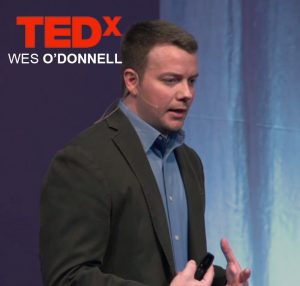 One of the best interviews I’ve read as I’ve kept track of the U.S. Navy’s collision issues appeared recently on the inmilitary.com and was entitled “The Real Reason the US Navy Keeps Hitting Merchant Vessels” — Wes O’Donnell conducted the interview joined us to discuss it.
One of the best interviews I’ve read as I’ve kept track of the U.S. Navy’s collision issues appeared recently on the inmilitary.com and was entitled “The Real Reason the US Navy Keeps Hitting Merchant Vessels” — Wes O’Donnell conducted the interview joined us to discuss it.
Podcast: Play in new window | Download
MARINE CORPS HAZING: MGySgt John Ubaldi, USMC (ret)

John Ubaldi
MGySgt USMC (ret)
Founder, The Ubaldi Reports
How does the Marine Corps deal with “hazing”? We’ll begin a long series of conversations about the subject with most enlisted Marines.
John Ubaldi was an 0311 and 0369 (infantryman and Infantry Plt Sgt) we’ll here his thoughts on these questions:
(1) What is hazing in the Marine Corps?
(2) Why do Marine haze?
(3) Who hazes?
(4) Who is the key to minimizing (knowing it won’t be eliminated) the amount of hazing that Marines experience?
Podcast: Play in new window | Download
MENTAL HEALTH PROGRAM UPDATE: The Soldiers Project

Mike McDowell
Executive Director
The Soldiers Project
The Executive Director of The Soldiers Project, Michael McDowell, joined us to talk mental healthcare and the exciting things going on at The Soldiers Project.
Podcast: Play in new window | Download
“21st Century Logistics” is the theme in this month’s Marine Corps Gazette
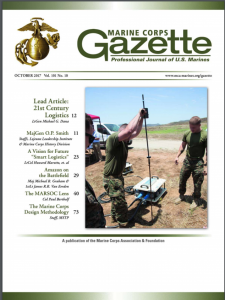 The Editor & Publisher of the Marine Corps Gazette is Chris Woodbridge, Col USMC (ret). Woody joined the program to talk about the October 2017 edition of the Gazette and it’s Combat Service Support theme.
The Editor & Publisher of the Marine Corps Gazette is Chris Woodbridge, Col USMC (ret). Woody joined the program to talk about the October 2017 edition of the Gazette and it’s Combat Service Support theme.
As usual, we’ll also talk current events with Woody who is a candid guest. Great stuff.
Podcast: Play in new window | Download
Why I don’t watch the NFL — #NFLBOYCOTT
I think these pictures… that I have collected over the years… say more than I ever can about why I’m offended by the National Football League.
And… “yes” I do understand… it is their right… I understand that because we fought for it.

Over a body bag of a Marine KIA in the Helmand Province of Afghanistan

Over caskets as our Brave begin their journey home

Inside our C-130, never alone, with honors…

We say goodbye inside the C-130…
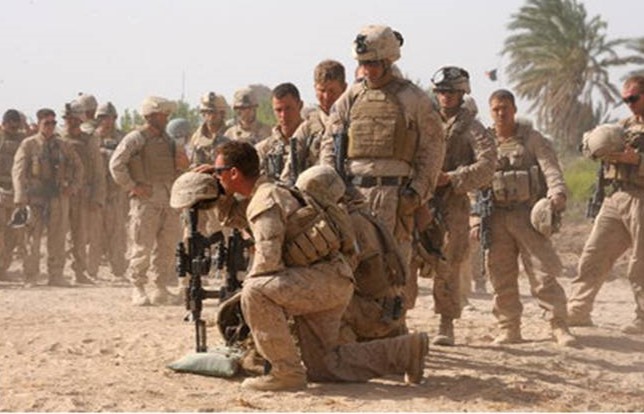
Goodbye… unlike what you know. And then back to the fight.

Goodbye… unlike what you can imagine. And then back to the fight.
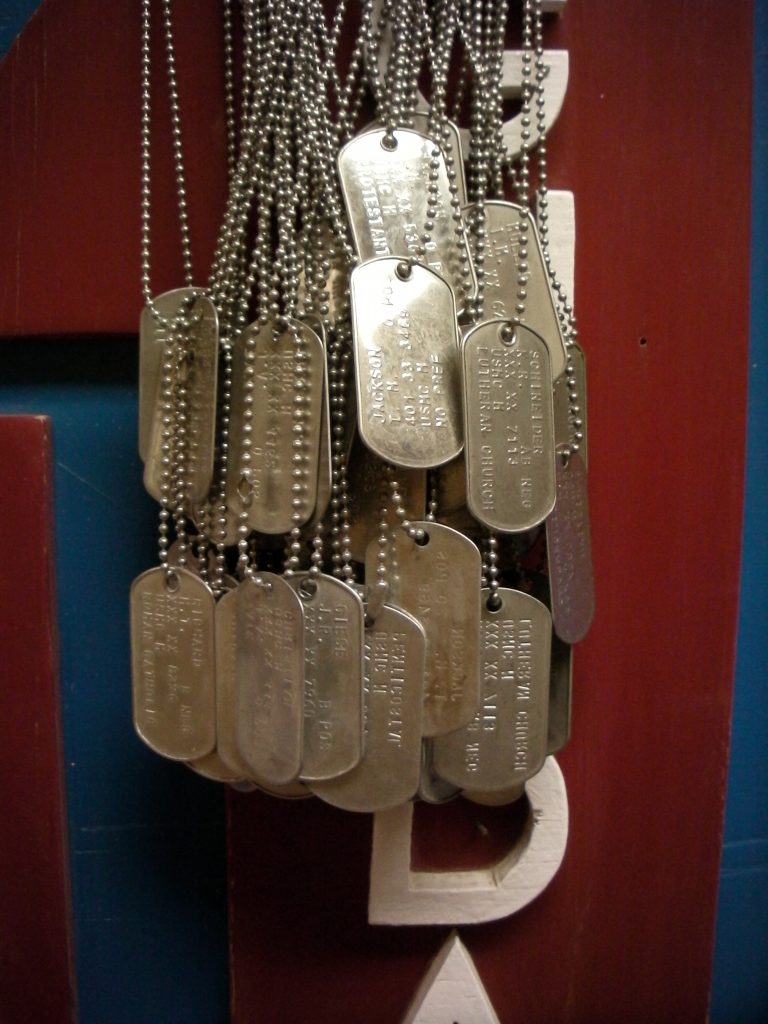
A years worth of our heroic Marines, Sailors and Soldiers Killed In Action, for one single USMC Infantry Regiment… approximately 5,000 of us.

Going Home…

A last night together…

A final touch… carrying a child he’ll never meet or help raise…
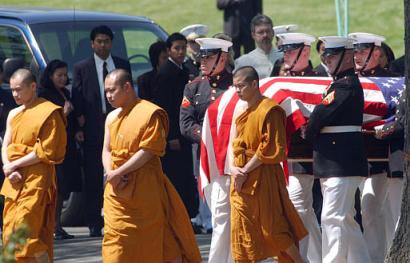
We hail from every corner of the Nation…
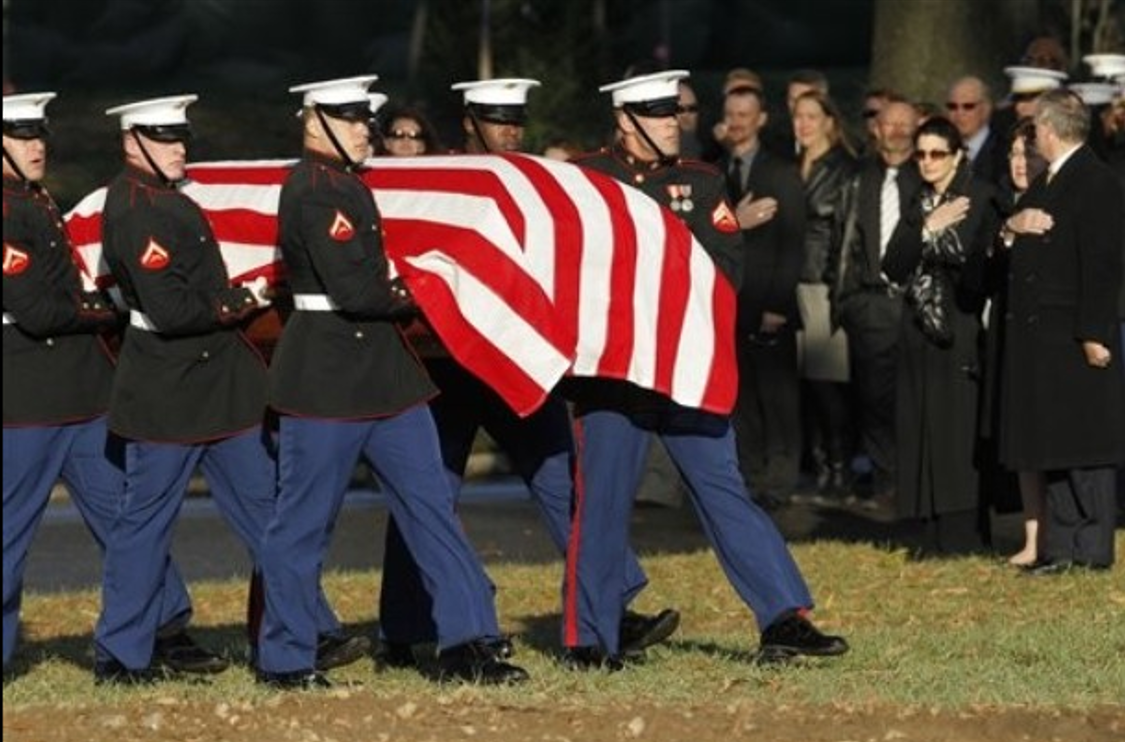
Every race, creed and color… we are all Marines
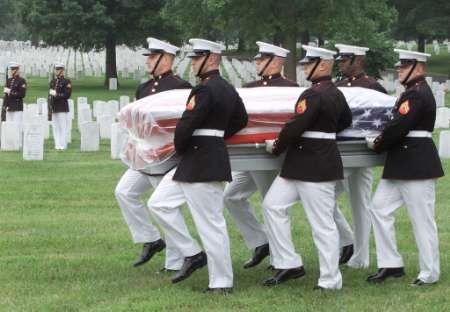
Devoted to each other… and our mission…

Even in death…
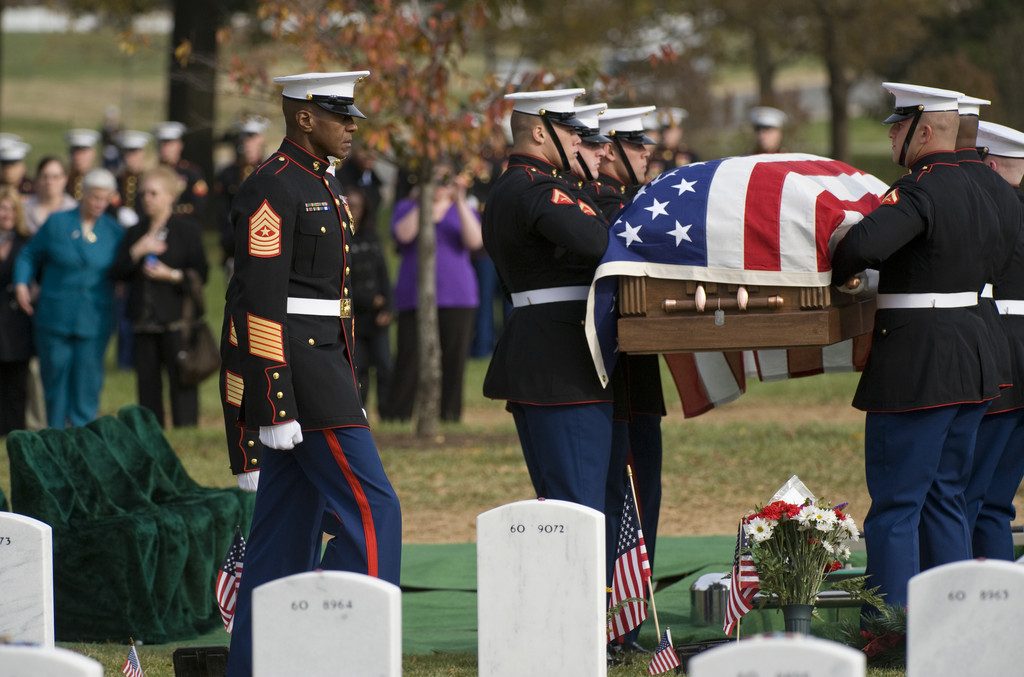
Our pride, discipline and devotion are designed to remind everyone…
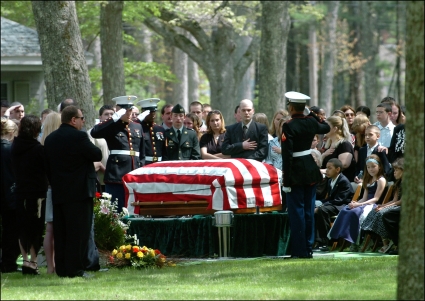
…we are MARINES. Our Flag symbolizes who we are.
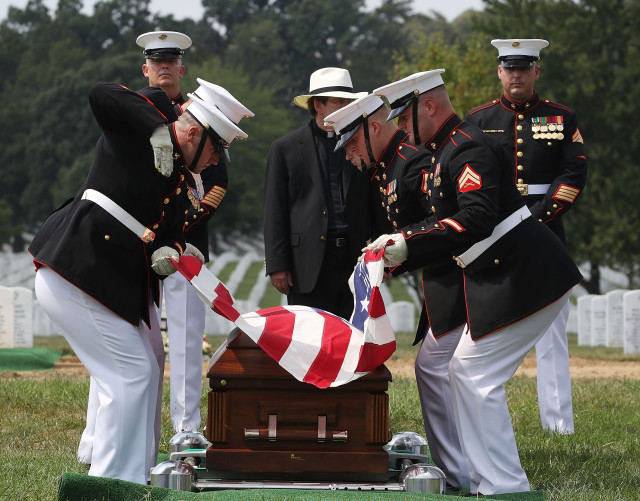
Preparing the Flag that will be presented…
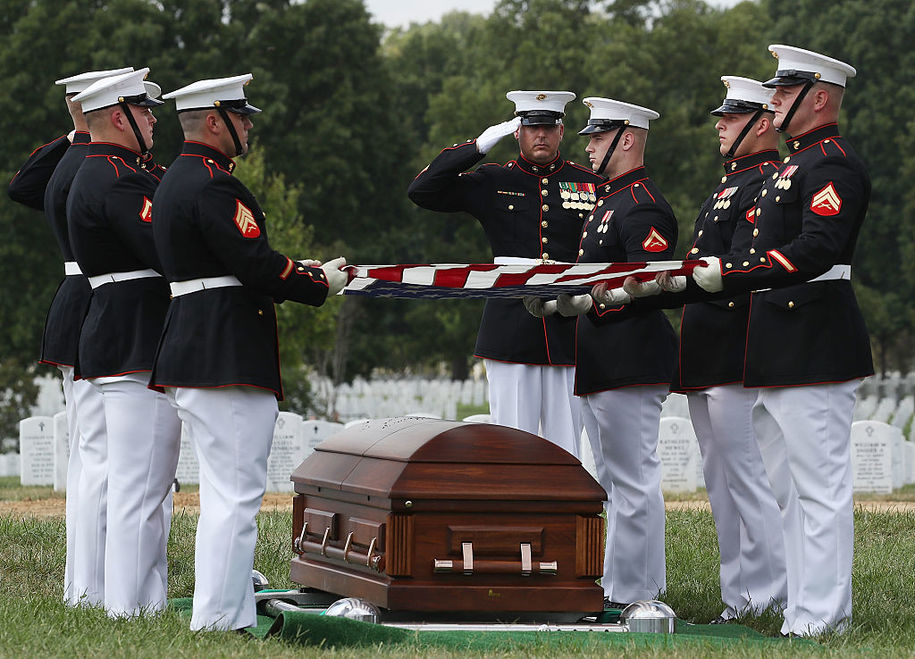
Honors…
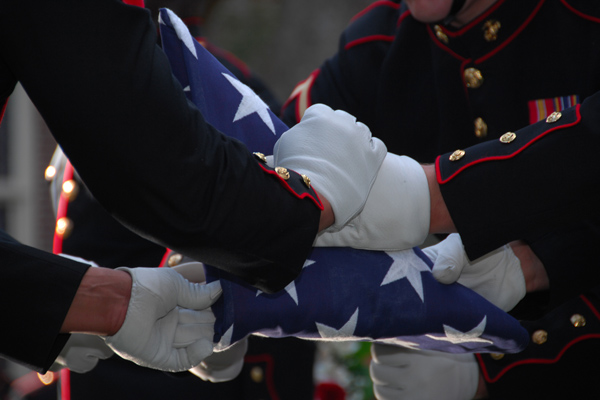
This Flag, handled with meticulous care…
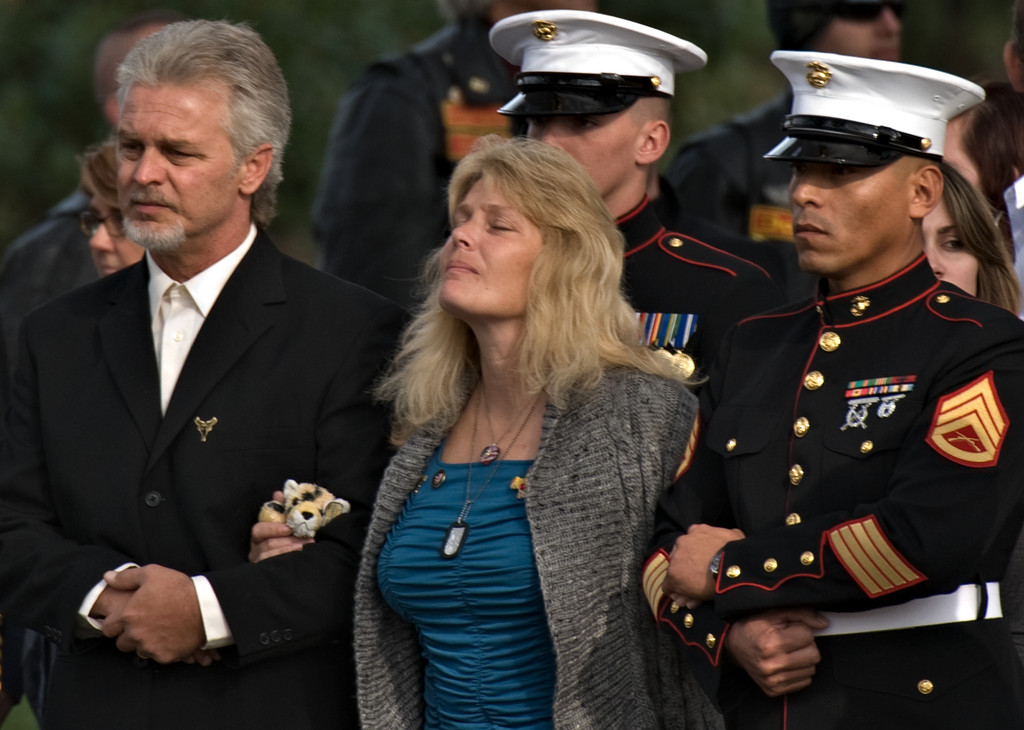
Their sacrifice and pain are so enormous… heartbreaking to watch.
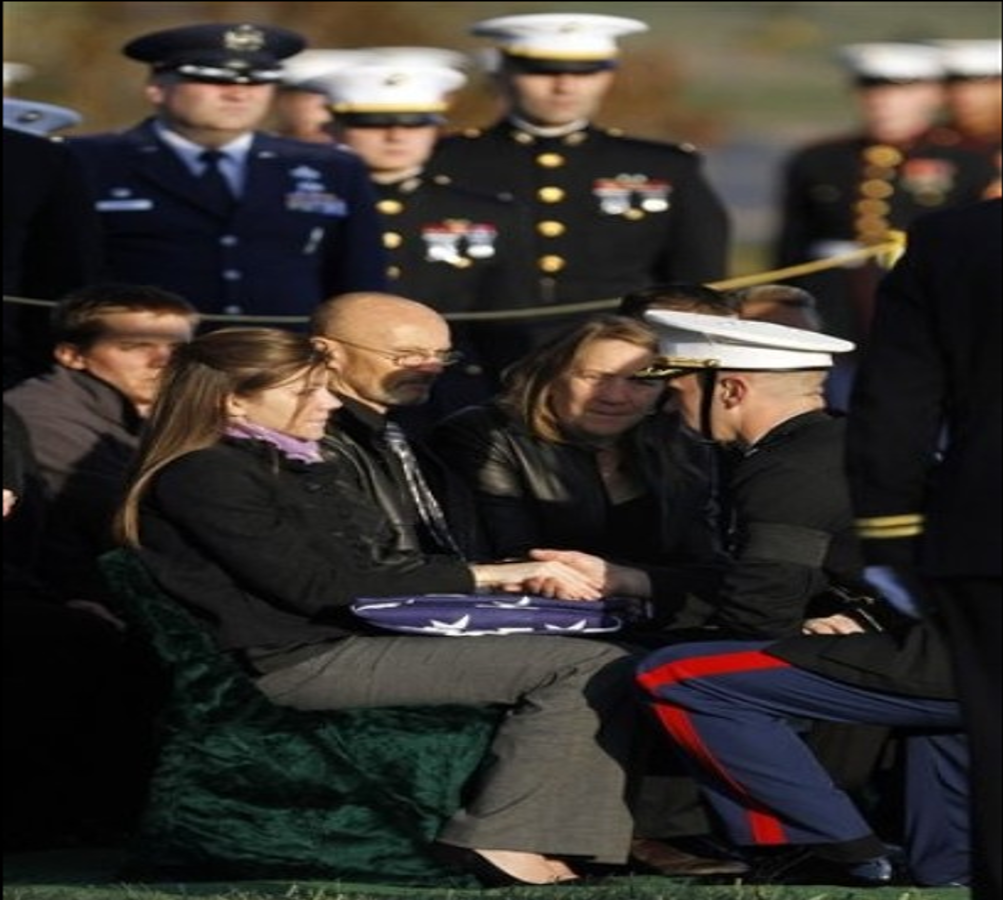
“On behalf of the President of the United States, the Commandant of the Marine Corps…

and a grateful Nation. Please accept this Flag as a symbol of appreciation…
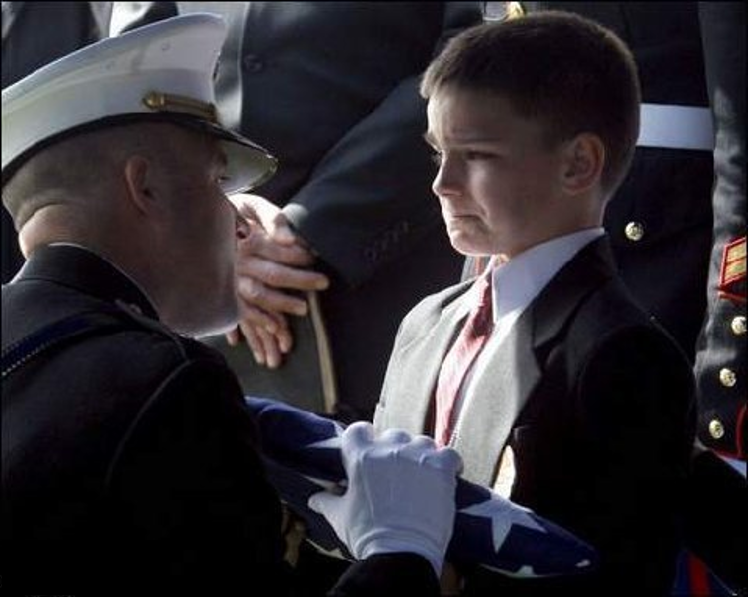
…for your loved one’s honorable and faithful service.” Semper Fidelis.
“Commander Salamander” talks issues surrounding the collisions in the Surface Fleet of the U.S. Navy

CDR Salamander
CDR Salamander is a retired U.S. Navy surface warfare officer, he’s done a blog and podcast (Midrats) for the last decade on issue that impact the U.S. Navy. He joined us to discuss the functioning of the bridge on a U.S. Navy warship, operational temp, training and education and upper echelon leadership that all have a hand in the issues that we have watched kill sailors in the U.S. 7th Fleet.
Podcast: Play in new window | Download
Bacon, Bacon, Bacon and the AMR Bookie speaks
 The ALL MARINE RADIO Head Chef joined us to talk the fine points of bacon selection and preparation. We also talk how to prepare and store “everyday bacon” that goes on all types of dishes.
The ALL MARINE RADIO Head Chef joined us to talk the fine points of bacon selection and preparation. We also talk how to prepare and store “everyday bacon” that goes on all types of dishes.
The “Big Salami” also premiers as our “bookie” and gives a few lead-pipe lock picks for this weeks baseball playoff games and college football games.
Podcast: Play in new window | Download
OPINION: I used to think gun control was the answer. My research told me otherwise.

“Bump Stock”

100 Round 5.56mm Drum Magazine
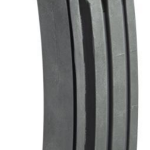
100 Round 5.56mm Magazine
The website fivethirtyeight.com recently ran an article entitled “I used to think gun control was the answer. My research told me otherwise“, the Washington Post ran the story yesterday and it was their “most read” story of the day. We’ll analyze the numbers the and you’ll be surprised by what you learn.
==============================================
I used to think gun control was the answer. My research told me otherwise.
By Leah Libresco
October 3, 2017
Leah Libresco is a statistician and former newswriter at FiveThirtyEight, a data journalism site. She is the author of “Arriving at Amen.”
Before I started researching gun deaths, gun-control policy used to frustrate me. I wished the National Rifle Association would stop blocking common-sense gun-control reforms such as banning assault weapons, restricting silencers, shrinking magazine sizes and all the other measures that could make guns less deadly.
Then, my colleagues and I at FiveThirtyEight spent three months analyzing all 33,000 lives ended by guns each year in the United States, and I wound up frustrated in a whole new way. We looked at what interventions might have saved those people, and the case for the policies I’d lobbied for crumbled when I examined the evidence. The best ideas left standing were narrowly tailored interventions to protect subtypes of potential victims, not broad attempts to limit the lethality of guns.
I researched the strictly tightened gun laws in Britain and Australia and concluded that they didn’t prove much about what America’s policy should be. Neither nation experienced drops in mass shootings or other gun related-crime that could be attributed to their buybacks and bans. Mass shootings were too rare in Australia for their absence after the buyback program to be clear evidence of progress. And in both Australia and Britain, the gun restrictions had an ambiguous effect on other gun-related crimes or deaths.
When I looked at the other oft-praised policies, I found out that no gun owner walks into the store to buy an “assault weapon.” It’s an invented classification that includes any semi-automatic that has two or more features, such as a bayonet mount, a rocket-propelled grenade-launcher mount, a folding stock or a pistol grip. But guns are modular, and any hobbyist can easily add these features at home, just as if they were snapping together Legos.
As for silencers — they deserve that name only in movies, where they reduce gunfire to a soft puick puick. In real life, silencers limit hearing damage for shooters but don’t make gunfire dangerously quiet. An AR-15 with a silencer is about as loud as a jackhammer. Magazine limits were a little more promising, but a practiced shooter could still change magazines so fast as to make the limit meaningless.
As my co-workers and I kept looking at the data, it seemed less and less clear that one broad gun-control restriction could make a big difference. Two-thirds of gun deaths in the United States every year are suicides. Almost no proposed restriction would make it meaningfully harder for people with guns on hand to use them. I couldn’t even answer my most desperate question: If I had a friend who had guns in his home and a history of suicide attempts, was there anything I could do that would help?
However, the next-largest set of gun deaths — 1 in 5 — were young men aged 15 to 34, killed in homicides. These men were most likely to die at the hands of other young men, often related to gang loyalties or other street violence. And the last notable group of similar deaths was the 1,700 women murdered per year, usually as the result of domestic violence. Far more people were killed in these ways than in mass-shooting incidents, but few of the popularly floated policies were tailored to serve them.
By the time we published our project, I didn’t believe in many of the interventions I’d heard politicians tout. I was still anti-gun, at least from the point of view of most gun owners, and I don’t want a gun in my home, as I think the risk outweighs the benefits. But I can’t endorse policies whose only selling point is that gun owners hate them. Policies that often seem as if they were drafted by people who have encountered guns only as a figure in a briefing book or an image on the news.
Instead, I found the most hope in more narrowly tailored interventions. Potential suicide victims, women menaced by their abusive partners and kids swept up in street vendettas are all in danger from guns, but they each require different protections.
Even the most data-driven practices, such as New Orleans’ plan to identify gang members for intervention based on previous arrests and weapons seizures, wind up more personal than most policies floated. The young men at risk can be identified by an algorithm, but they have to be disarmed one by one, personally — not en masse as though they were all interchangeable. A reduction in gun deaths is most likely to come from finding smaller chances for victories and expanding those solutions as much as possible. We save lives by focusing on a range of tactics to protect the different kinds of potential victims and reforming potential killers, not from sweeping bans focused on the guns themselves.
Podcast: Play in new window | Download
A Vietnam Veteran reacts to PBS’s “The Vietnam War” Documentary
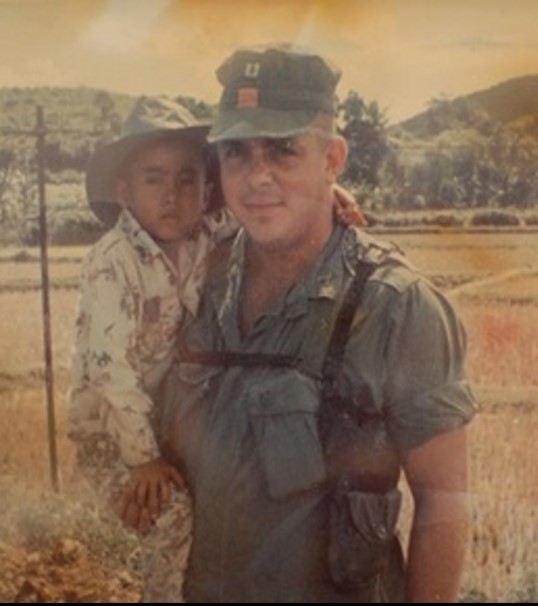
Bob Nilsson
Capt USMC
Founder, 100 Entrepreneurs Project
Bob Nilsson is a Vietnam veteran. He joined us to give us his thoughts on the ten-part documentary “The Vietnam War” by Ken Burns and Lynn Novick.
Podcast: Play in new window | Download
Senate Armed Service Committee Hearing on “Afghanistan” Part 2 and Today’s News Headlines
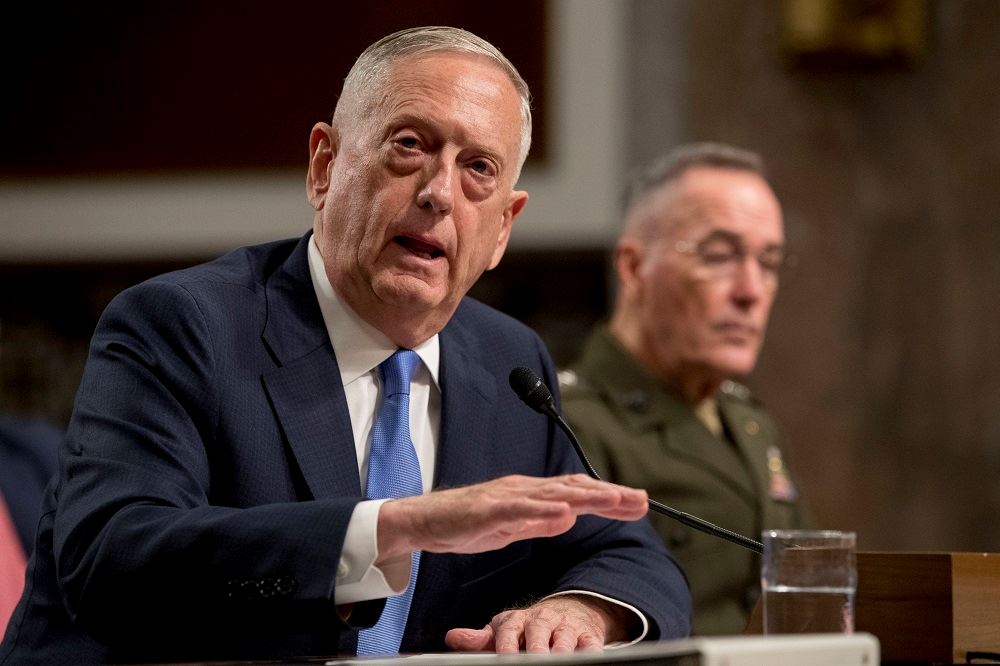
Secretary Mattis, Chairman Dunford
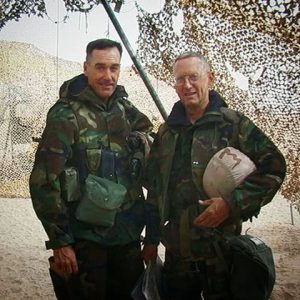
Col Joe Dunford, USMC
MajGen James Mattis, USMC
Iraq, 2003
We’ll complete listening to yesterday’s Senate Armed Service Hearing on “Afghanistan” with Secretary Mattis and Chairman Dunford testifying.
We’ll also talk about the headlines of the day.
Podcast: Play in new window | Download
Margarine or Butter? How do I stop the three-alarm fire in my grill?

 The ALL MARINE RADIO Head Chef, Kim Holmes joined us to talk FOOD on Friday (as well as the PBS Series on Vietnam). Kim addresses whether there is there any reason to use margarine instead of butter in cooking? Kim also addresses how to “put out three-alarm fire” that rages in your grill when you cook fatty dishes like chicken with the skin on and ribeye steaks.
The ALL MARINE RADIO Head Chef, Kim Holmes joined us to talk FOOD on Friday (as well as the PBS Series on Vietnam). Kim addresses whether there is there any reason to use margarine instead of butter in cooking? Kim also addresses how to “put out three-alarm fire” that rages in your grill when you cook fatty dishes like chicken with the skin on and ribeye steaks.
Podcast: Play in new window | Download
America’s “GREATEST GENERATION” Fought in Vietnam

Marines in Vietnam
The Gunner briefly gives his thoughts on the “protest” controversy in the NFL (he’s not watching any more) and then the Boys discuss their thoughts on watching the Ken Burns series that is airing on PBS entitled “The Vietnam War.”
There are things from the series that have made an incredible impression on them: (1) the lies that Cabinet Secretaries told, (2) the nobility of those who believed and fought, (3) a flaming B-52 falling from the sky at night, (4) POW reunions with their families, (5) Jane Fonda making broadcasts about American POW’s and called their execution justifiable, (6) the lies of three Presidents and (7) Richard Nixon’s criminality.
Mike Musselman and Mike McNamara agree on one thing, the American’s who fought in Vietnam, who came home to be treated terribly, who became our teachers and coaches ARE “THE GREATEST AMERICAN GENERATION” — no other group has been asked to give as much as they given.
Podcast: Play in new window | Download
Don’t pin your hopes on the new Chinese sanctions on North Korea: Grant Newsham

Kim Jong Un

Xi Jinping
President, PRC
Grand Newsham, our resident Pacific Rim specialist, joined us to talk about whether we should take China’s “new sanctions” seriously or whether it is the age old trick of the Chinese — big announcement and then nothing delivered?
We’ll also discuss the likelihood that Japan and/or South Korea will acquire a “first strike” capability as well as “mutually assured destruction” capabilities in order to balance the regional scale.
You can find Grant Newshams columns here, in Asia Times Online.
Podcast: Play in new window | Download
Thoughts on PBS’s Vietnam War Series & a Rand Study on Transgender Military Service Issues
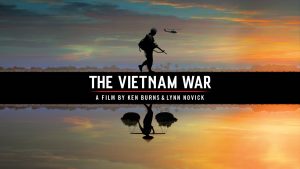
 For me, one of the most distressing things about watching the 10 part PBS series is that the nation repeated the mistakes of Vietnam in Iraq and later (although not initially) in Afghanistan.
For me, one of the most distressing things about watching the 10 part PBS series is that the nation repeated the mistakes of Vietnam in Iraq and later (although not initially) in Afghanistan.
We’ll also discuss a 2016 Rand Corporation study on Transgender Military service.
Podcast: Play in new window | Download

Our headquarters
Costa Mesa CA
The city next to beautiful Newport Beach in Orange County CA
Contact us
(714) 910-4419
live.allmarineradio@gmail.com
mac.allmarineradio@gmail.com
We Do Windows
We're here to help
Don't hesitate to contact us
We'll be pissed if you don't!


